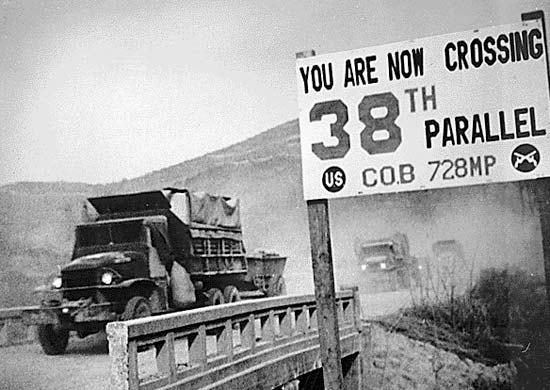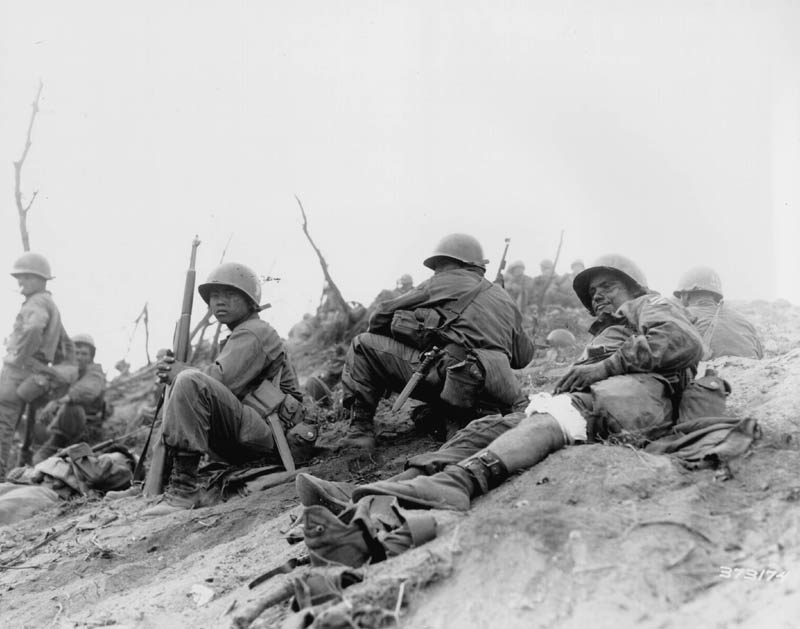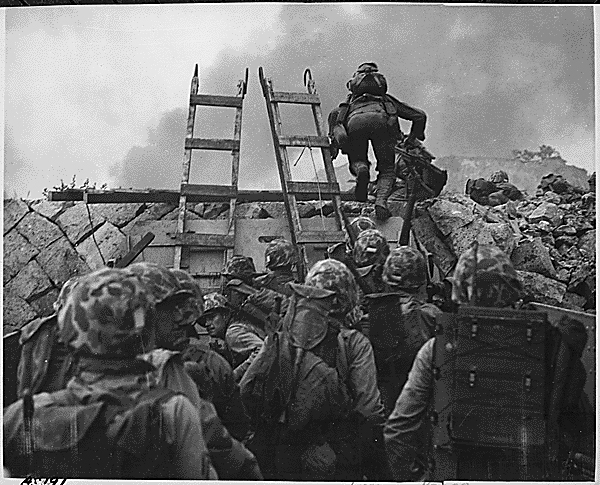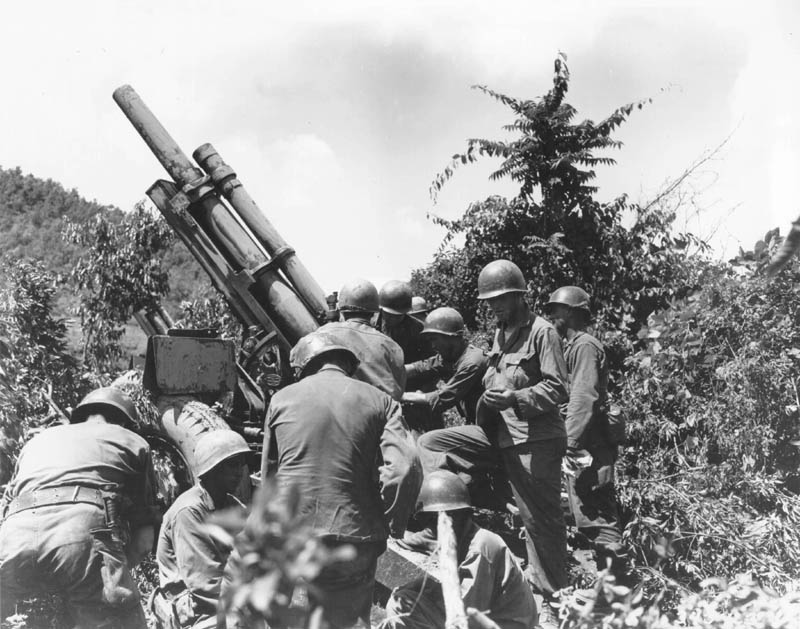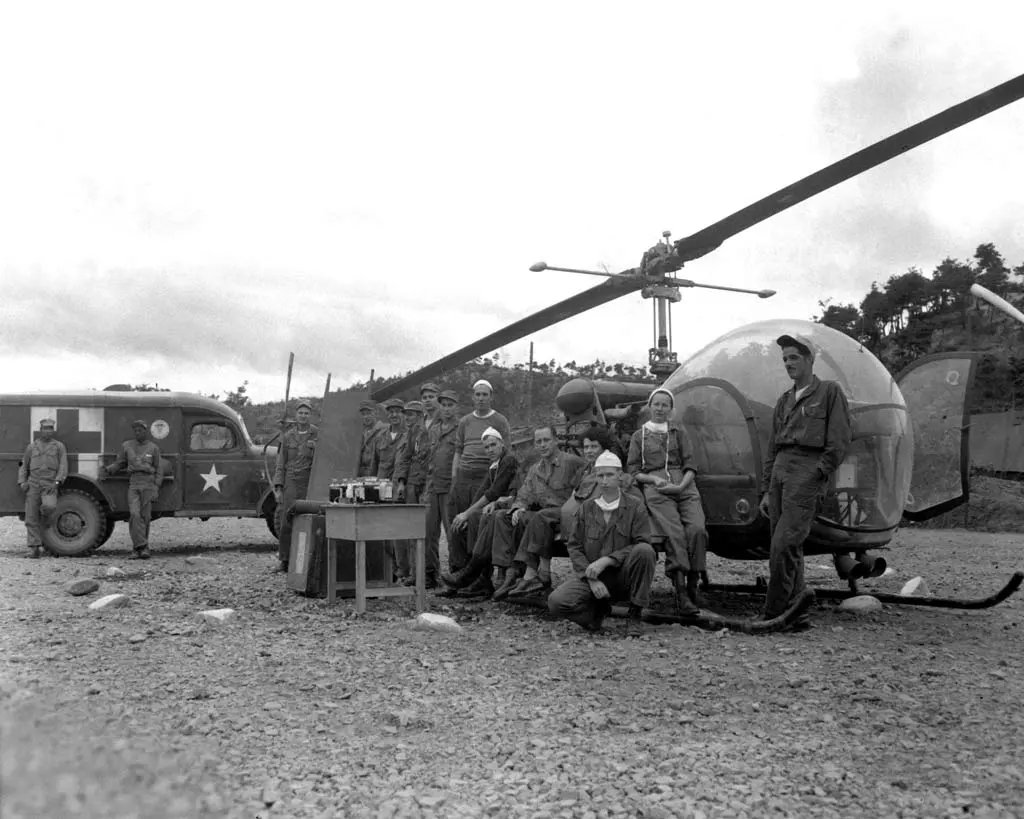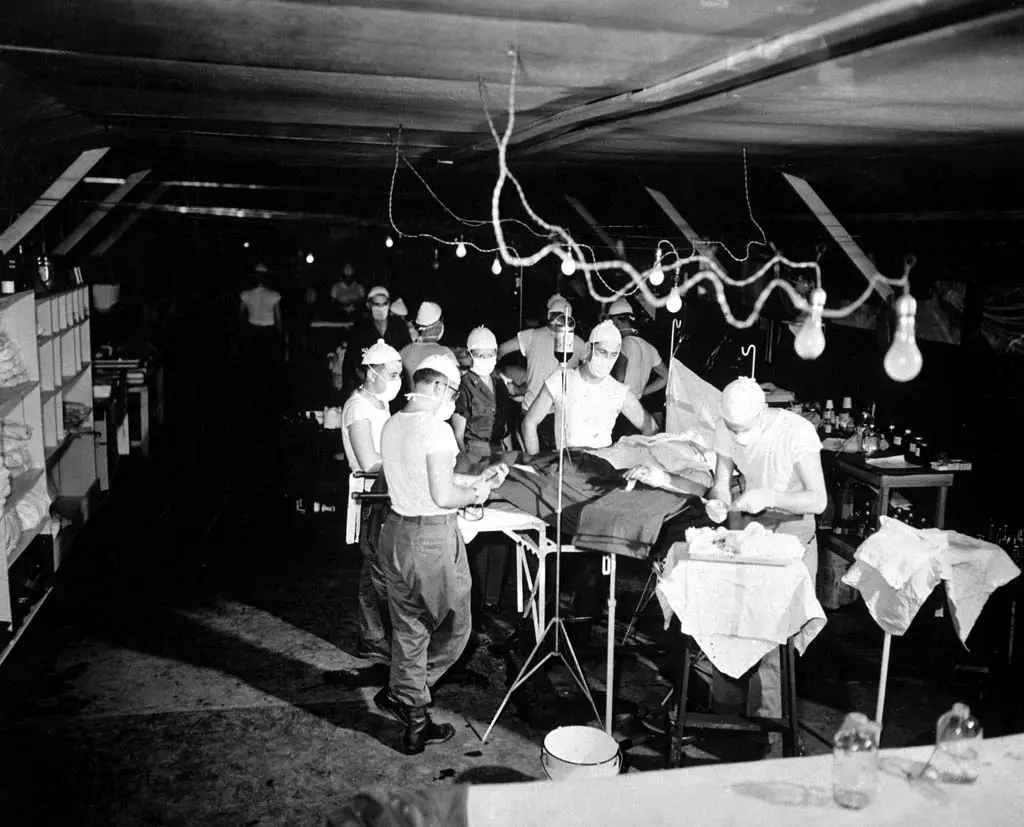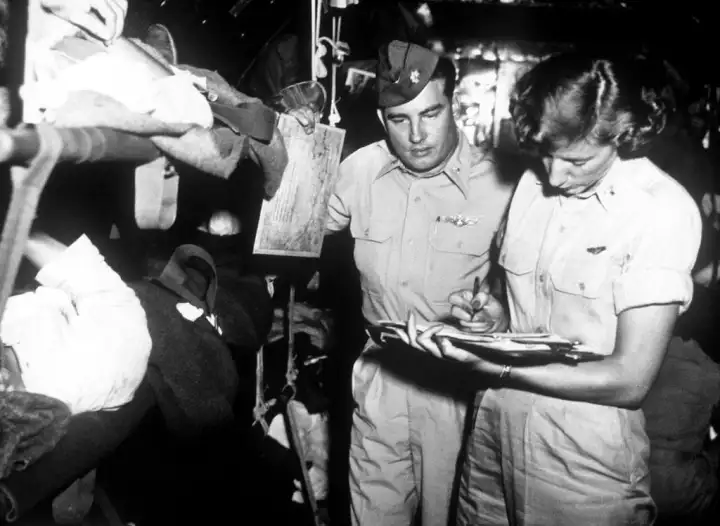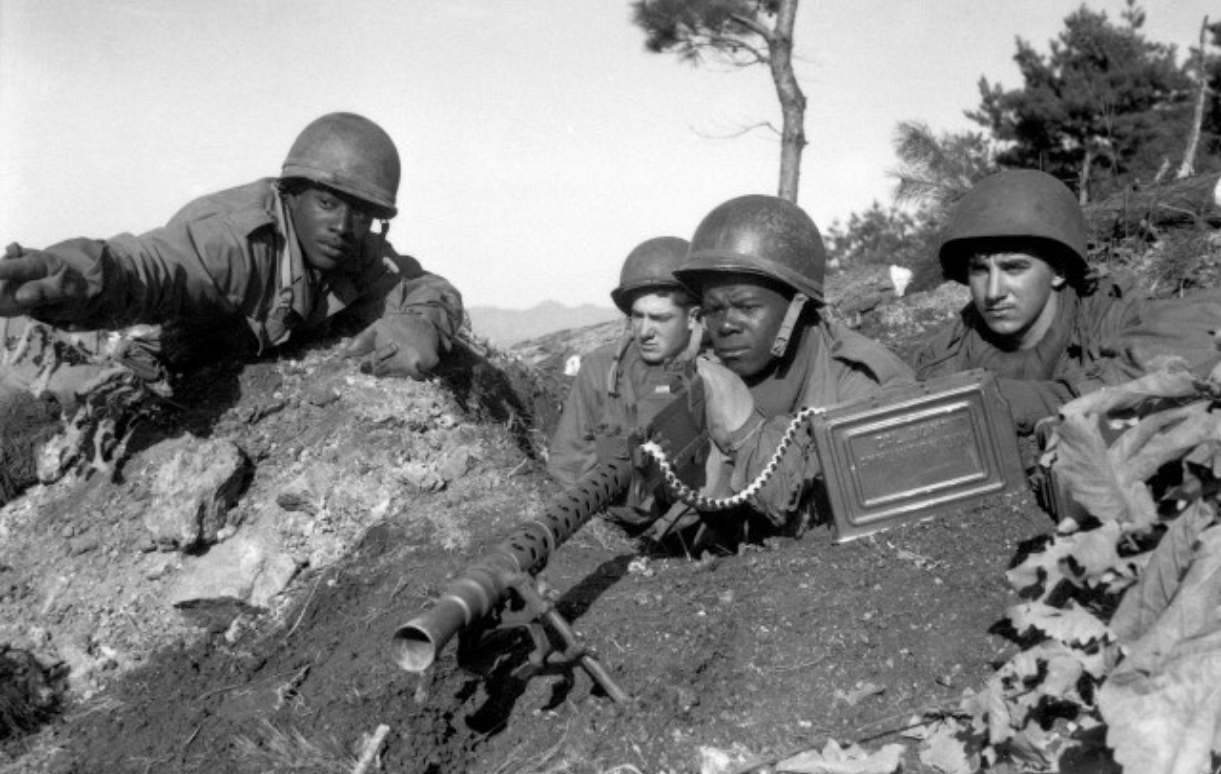
“Our nation honors her sons and daughters who answered the call to defend a country they never knew and a people they never met.” -Korean War Veterans Memorial plaque inscription
In the early hours of June 25, 1950, North Korea invaded South Korea, beginning a war sometimes referred to as “the Forgotten War.” This three-year conflict was the first military action of the Cold War. North Korea was supported by China and the Soviet Union while South Korea was supported by the United Nations, principally the United States. By July, American troops had entered the war to stem the tide of communism. We invite you to learn more about a few of the brave men and women who raised their right hand to defend our freedoms.
Sergeant Cornelius Charlton, U.S. Army
Sergeant Cornelius Charlton was the second of two African Americans to be awarded the Medal of Honor during the Korean War. When he graduated from high school in 1946, Charlton’s parents allowed the 17-year-old to enlist. He was assigned to C Company, 1st Battalion, 24th Infantry Regiment, part of the 25th Infantry Division. In May of 1951, Charlton was made platoon sergeant due to his impressive leadership abilities.
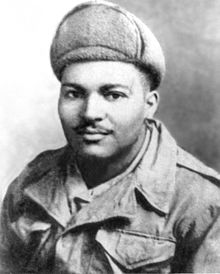
Cornelius Charlton, Medal of Honor recipient
for actions in the Korean War.
Photo courtesy of the U.S. Army.
On June 2, 1951, Charlton’s platoon was attacking heavily defended hostile positions when the platoon leader was wounded and evacuated. Charlton assumed command, rallied the men and spearheaded an assault on Hill 543 near the village of Chipo-ri. Personally eliminating two hostile positions and killing six enemy combatants with rifle fire and grenades, he continued up the slope until the unit suffered heavy casualties and became pinned down. Despite a severe chest wound, Sgt. Charlton refused medical attention and led a third charge which carried to the crest of the ridge. Observing that the remaining emplacement was situated on the reverse slope, he charged it alone. Charlton was wounded again by a grenade, but hit the position with devastating fire, eliminating it and routing the defenders. He was, however, unable to recover from severe wounds received during his courageous assault. Sgt. Cornelius Charlton was posthumously awarded the Medal of Honor on March 12, 1952.
Master Sergeant Woodrow Keeble, U.S. Army
Master Sergeant Woodrow “Woody” Keeble served with the famed North Dakota 164th Infantry Regiment. He was a full-blooded member of the Sisseton Wahpeton Oyate of the Lake Traverse Reservation, a federally recognized tribe of the Dakota people. As a child, he excelled in sports and was set to be recruited by the Chicago White Sox when his unit was called to serve in World War II. His combat experience and leadership brought him a quick series of promotions to the level of master sergeant.
During the Korean War, he was assigned to George Company, 2nd Battalion, 19th Infantry Regiment, 24th Infantry Division. Starting on October 15, 1951, his division was called upon to be a part of Operation Nomad-Polar. For six days straight, they were caught in round-the-clock fighting. On October 20, 1951, Keeble led all three platoons in successive assaults upon the Chinese who held Hill 675-770 throughout the day. All three charges were repulsed, and the company suffered heavy casualties. After Keeble withdrew the 3rd platoon, he decided to attempt a solo assault on Hill 765. He single-handedly destroyed three enemy machine-gun bunkers and killed an additional seven enemy soldiers in nearby trenches. During this time, Keeble had suffered two gunshot wounds to his left arm, grenade shrapnel to his face that almost removed his nose and 83 other pieces of festering shrapnel from a grenade. For his actions, he was awarded the Distinguished Service Cross (DSC) on December 20, 1952. In 2008, the DSC was upgraded posthumously to the Medal of Honor.
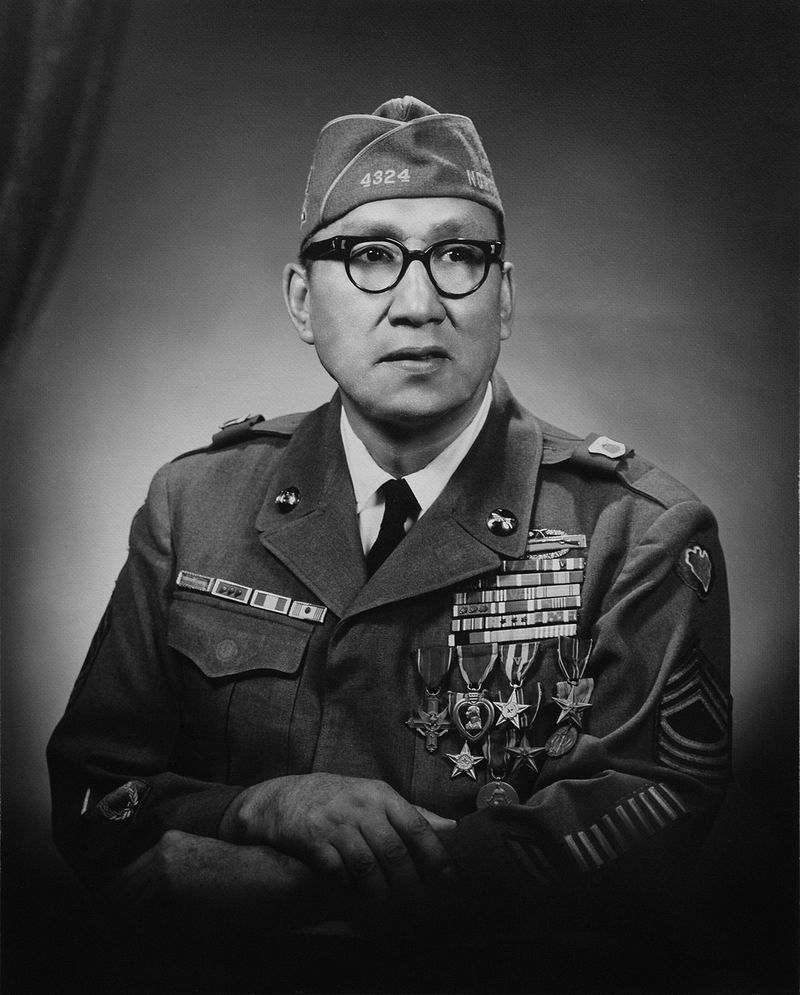
Women in the Korean War
After Congress passed the Women’s Armed Forces Services Integration Act in 1948, women were allowed to serve as permanent members of the Army, Navy, Marine Corps and Air Force for the first time in American history. Two years later, more than 120,000 women answered the call for our country. Many women served in Mobile Army Surgical Hospitals (MASH), on MEDEVAC aircraft or hospital ships. One of the first mobile surgical hospitals to be set up in Korea was the 8055th MASH, whose team of doctors and nurses sometimes treated hundreds of casualties in a day and routinely performed life saving surgeries. They were pioneers of trauma nursing and care.
U.S. Army Nurse Cathy Drake was one of those pioneers. She was an operating room nurse in the 8055th MASH unit. Read more of her story here: Indiana Nurse During the Korean War Helped Inspire “M*A*S*H’ | Indiana News | US News
Captain Lillian Kinkela Keil was one of the most accomplished women in the U.S. Air Force during the Korean War, and one of the most decorated women in American military history. Her daughter shares her story: Flight Nurse | American Experience | Official Site | PBS
U.S. Air Force Nurse Grace Chicken shares her experiences transporting the wounded in this video courtesy of the Witness to War Foundation.
After more than two years of negotiations, the fighting ended on July 27, 1953, with the signing of the Korean Armistice Agreement. It created the Korean Demilitarized Zone (DMZ) to separate North and South Korea and allowed for the return of prisoners. The Korean War was one of the most destructive conflicts of the modern era with approximately three million war fatalities and a larger proportion of civilian deaths than World War II and the subsequent Vietnam War. Today, it is important for all of us to remember and share the stories of the 40,000 Americans who died and the more than 100,000 who were wounded during this conflict.


